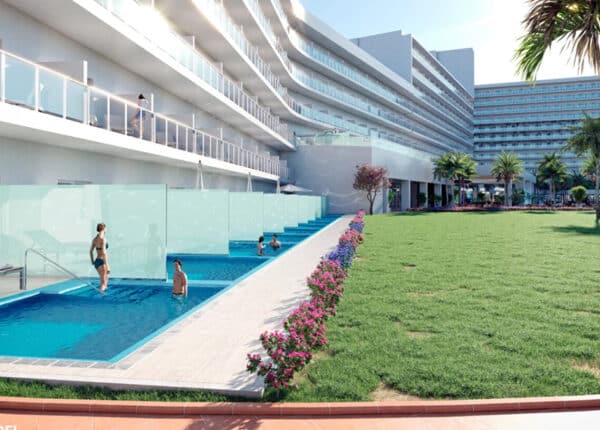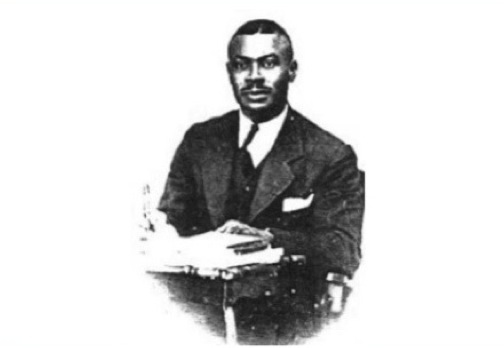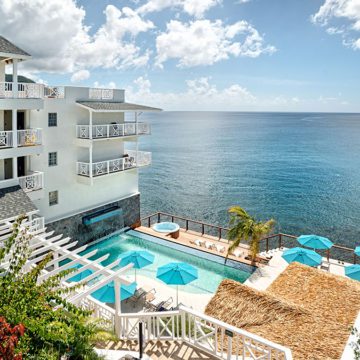By Alexander Britell
Thirty years after his death, a group of Jamaicans are working to keep alive the legacy of Leonard Howell, a Jamaican religious figure considered to be the first Rastafarian.
Monty Howell, one Howell’s sons, is in a legal bid to get control of Leonard’s one time home in St Catherine, in Spanish Town, trying to honor the memory of his father, an influential figure in the first half of the twentieth century.
“He was the first person that mentioned Rastafari,” Monty Howell told Caribbean Journal. “He was the first person that was persecuted because of his ideology and Rastafari. Right now, we want to make an archive [at the home]. I would like to have a place to have a museum, an archive, to help facilitate people coming there.”
Monty, who now lives in Florida, said Jamaica’s National Heritage Trust was also trying to get landmark status for the site, along with a national status for his father.
Despite an important role in the afro-centric movement and his pioneering of Rastafarianism, Howell’s legacy has gone through a series of changes over the decades. Also forgotten, Monty said, were the series of mental and physical trials he endured as a result of his political and religious beliefs.
This was highlighted by Howell’s reported absence at the 1966 visit of Haile Selassie to Jamaica, something Monty said was due to political oppression against his father.
“In the 1960s, my father was basically, as far as the government was concerned, a nobody,” he said. “He was almost zero. He was persecuted to the point of almost unspeakable harassment, and any normal person would have been gone a long time before that. The only Rastas that could get close to the emperor were those who were politically connected, because the government was totally hostile to my father, going back to the 1930s.”
“At one time, he was almost zero,” Monty said. “Until people started to research him, and Rastafarians gained strength. Because in the 1950s, a Rasta person was a person that people looked down on.”
Monty Howell is not alone in working to honor the story, however. A group of citizens in the neighborhood where Howell once lived in Spanish Town is now working to start a museum honoring his story.
“What we are planning on doing is setting up a library,” said Valerie Williams of the Tredegar Park Citizens’ Association. “We started refurbishing the [Tredegar Park] civic center, and doing some expansion — we want a place where we can have access to the library. The community wants our heritage here.”
Williams said the values Howell espoused — peace, love, unity — made it essential to keep his history alive.
“He was trying to organize his people in such a way to promote unity, love, peace — those core values, those values that could help us,” she said. “We have seen that working here now, and we have seen it working, with those members who remain trying to have that value system going. [Howell] means so much to us.”
Monty Howell’s quest to set up a museum at Leonard’s former home has been a nearly decade-long struggle, first begun by his sisters.
“We’re working on it full speed,” he said. “Even if we don’t get it, it’s inevitable that we’ll get this land back. Maybe not in my lifetime, but sooner or later. Christ wasn’t famous until 500 years after his death. It’s something that is coming, not something that is going away. Rastafarianism is not getting less. It’s something that is expanding on every continent.”







